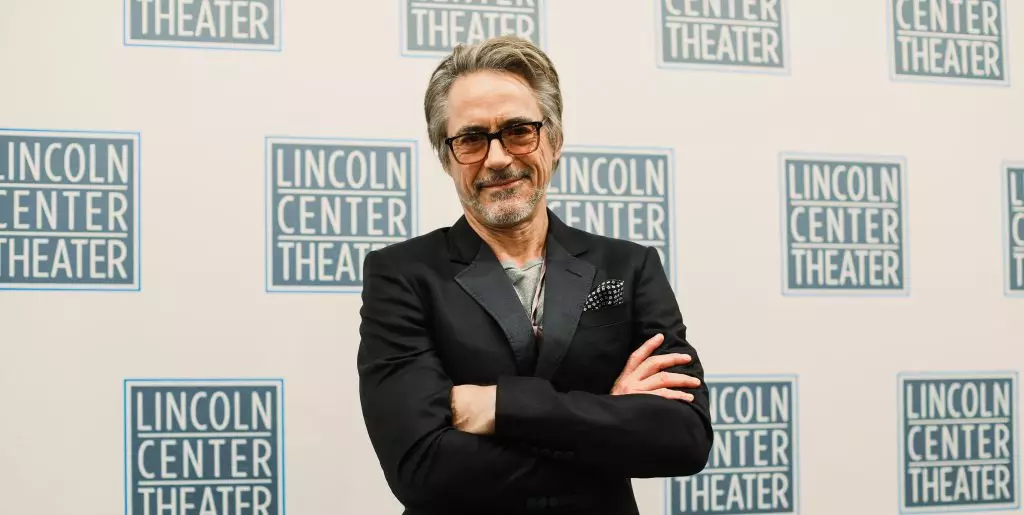In an era where technology is evolving at breakneck speed, the conversation surrounding the ethical implications of artificial intelligence—especially in the realm of creative arts—is becoming increasingly crucial. Robert Downey Jr., an actor celebrated for his role as Tony Stark in the Marvel Cinematic Universe (MCU), has recently voiced his staunch opposition to the use of generative AI to recreate his likeness. His remarks not only highlight personal concerns but also spotlight broader ethical discussions around deepfakes and AI technologies in entertainment.
During his recent appearance on the podcast *On With Kara Swisher*, Downey candidly shared his thoughts on the advancements in AI and deepfakes. His approach to the subject is deeply personal; he expresses that his emotional life is saturated with real experiences, allowing little space for the concerns of artificial representations of himself. He stated, “I feel about it minimally because I have an actual emotional life that’s occurring that doesn’t have a lot of room for that.” This quote underscores how Downey perceives AI recreations not merely as technological advancements but as potential invasions of his individuality.
Moreover, Downey presented a nuanced view of the decision-making structure within the MCU, assuring listeners that the creative team would not exploit his character’s essence. His confidence is rooted in his longstanding relationships with key figures at Marvel, though he remains acutely aware of the possibility that future executives may be less scrupulous. Downey’s humorous contention that he would “sue all future executives just on spec” illuminates his concern about the future of representation and consent in the age of AI.
The discourse surrounding AI is intrinsically dualistic; it embodies both opportunities for innovation and significant ethical risks. Downey articulated this complexity when discussing his investments in AI ventures, emphasizing the importance of understanding the moral landscape surrounding such technologies. His inquiry into the motivations of those involved in AI development reflects a sensible skepticism: “Who are the people involved with this? Do I think they have a moral psychology?” This perspective invites a dialogue about responsibility and the need for ethical frameworks in AI developments, particularly when personal likenesses are at stake.
Despite acknowledging that the technology might offer lucrative opportunities, Downey’s focus remains on the societal impact of these innovations. His comments serve as a reminder that financial motivations should not eclipse the moral obligations that creators have to respect individual identities. This approach aligns with a growing movement advocating for ethical considerations in the deployment of AI across all fields.
The implications of AI technologies extend beyond individual actors and filmmakers; they permeate current cultural productions and performances. Downey’s latest project, *McNeal*, showcases a story that intersects deeply with AI, presenting a Nobel Prize-winning novelist employing AI to create new works. This narrative not only encapsulates current technological trends but also reflects a meta-commentary on the relationship between human creativity and artificial enhancement. Early reviews of *McNeal* have been mixed, yet they commend Downey’s performance, marrying critical analysis with the evolving nature of modern storytelling.
As performers like Downey navigate this precarious landscape of digital replication, audiences are left pondering profound questions: What does it mean to experience art when the creator’s essence can be duplicated? Can technology enhance the human touch in storytelling, or will it erode the very foundation of artistic integrity?
The future of arts and entertainment in the age of artificial intelligence remains uncertain, fraught with ethical dilemmas that will require careful deliberation. Robert Downey Jr.’s outspoken stance against the digital resurrection of his character serves as a critical reminder about the importance of identity and consent in the evolving landscape of technology. As AI continues to alter the creative process, it is imperative for creators, consumers, and executives alike to engage in a dialogue that safeguards artistry while embracing innovation. In doing so, we can quell the anxieties surrounding technological advancements and instead focus on enhancing the richness of human expression.


Leave a Reply